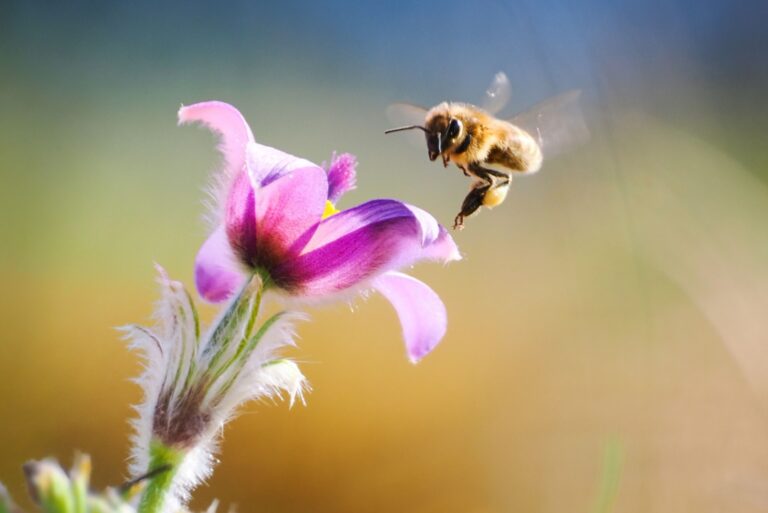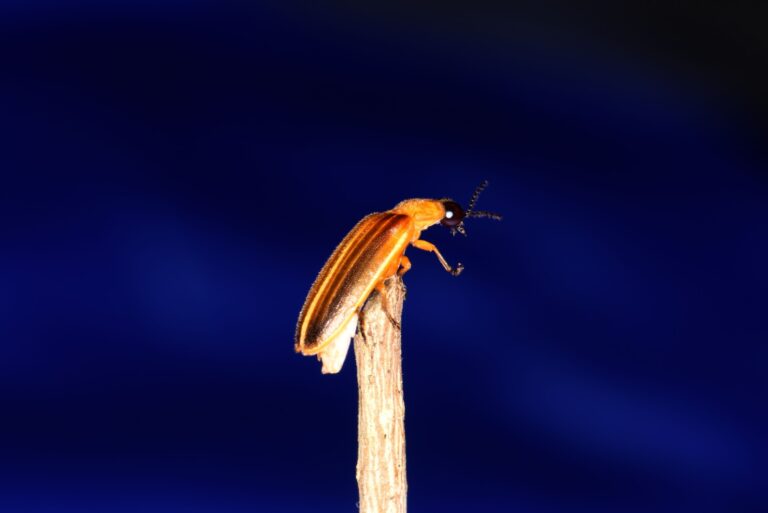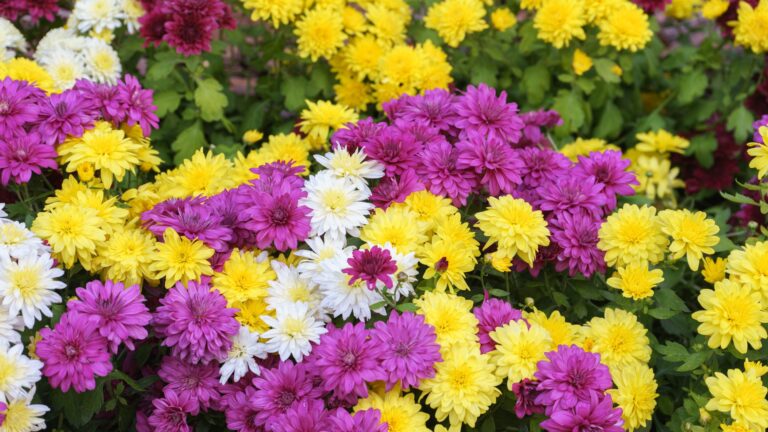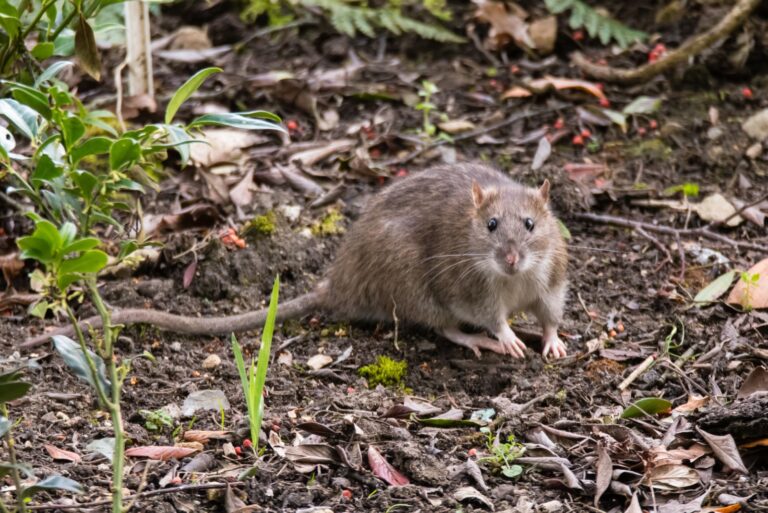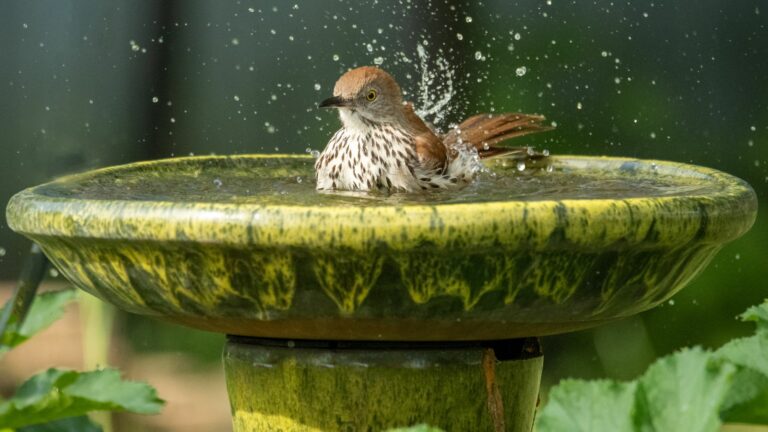12 Plants That Help Keep Mice Out Of Tennessee Homes And Gardens
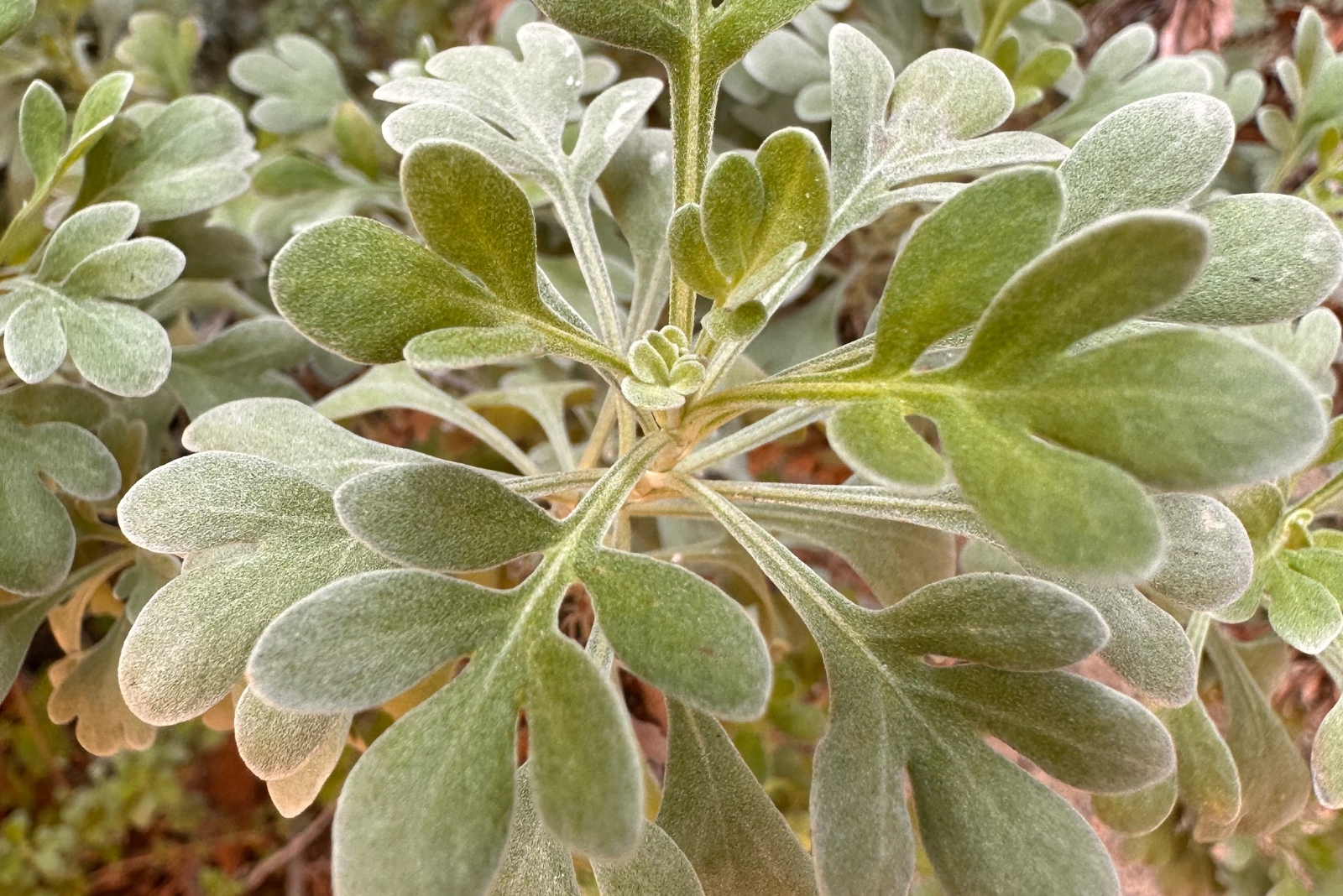
Mice can be a real problem for Tennessee homeowners and gardeners. They chew through wires, damage plants, and leave behind messes that nobody wants to deal with.
Luckily, nature offers a simple solution: certain plants naturally repel these unwanted visitors with their strong scents and textures. Planting these around your home and garden can help keep mice away without using harsh chemicals.
1. Peppermint
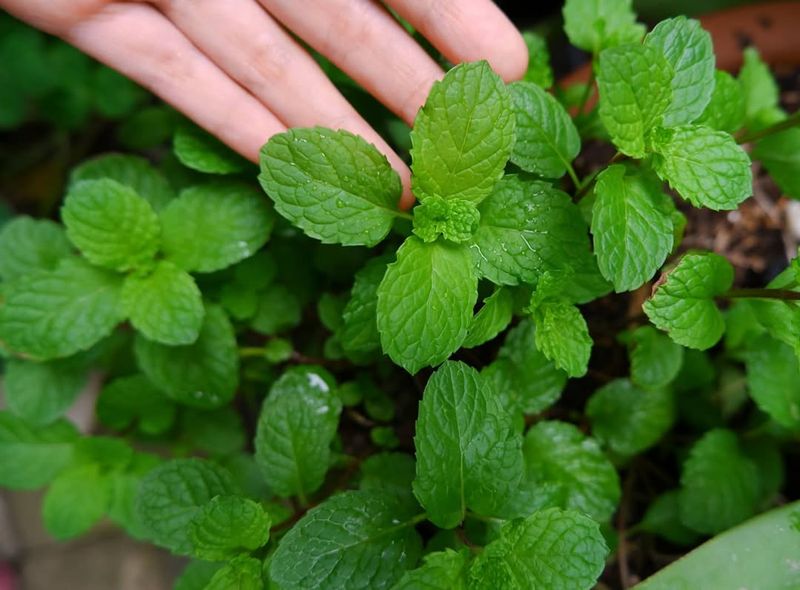
Strong minty aromas might smell wonderful to us, but mice absolutely hate them. Peppermint plants release powerful oils that overwhelm their sensitive noses, making them turn around and scurry away. Plant peppermint near doorways, windows, or anywhere you’ve noticed mouse activity.
Growing peppermint is super easy in Tennessee’s climate. It spreads quickly, so consider planting it in containers to keep it under control. Bonus: you can harvest fresh leaves for tea or cooking while keeping those pesky rodents at bay.
2. Lavender
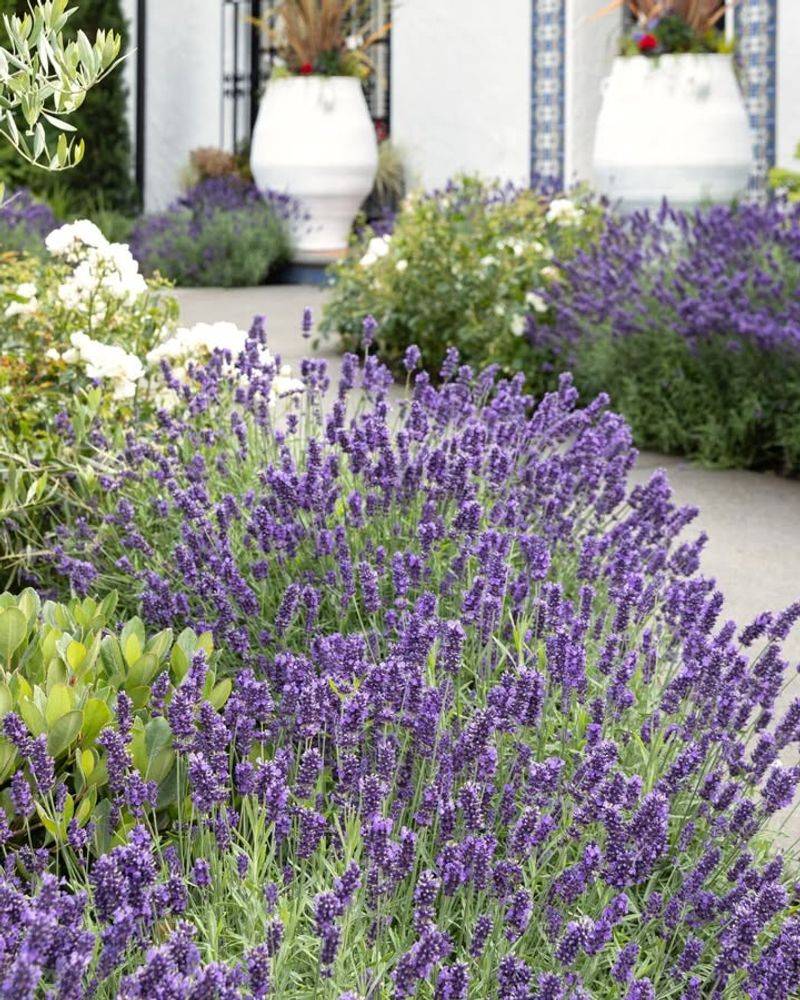
Beautiful purple blooms and a calming scent make lavender a garden favorite. What most people don’t realize is that mice find this lovely fragrance absolutely unbearable. The essential oils in lavender contain compounds that irritate rodent senses, encouraging them to find somewhere else to nest.
Plant lavender along garden borders or near foundation walls where mice might try to enter. It thrives in Tennessee’s sunny spots and well-drained soil. Plus, you’ll attract butterflies and bees while keeping unwanted critters away naturally.
3. Rosemary
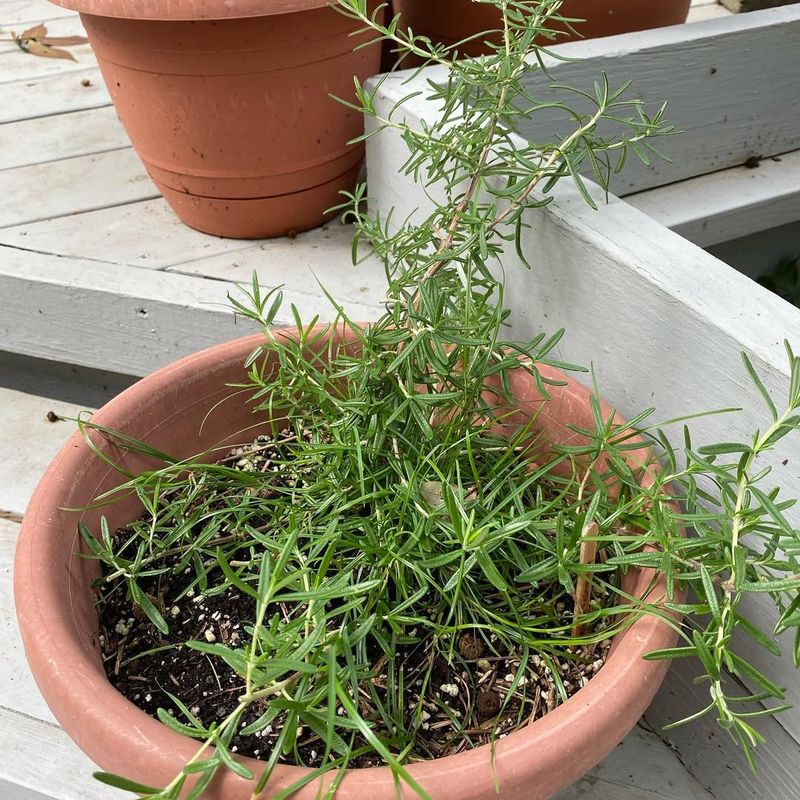
Did you know this popular cooking herb doubles as a mouse deterrent? Rosemary’s woody stems and pungent aroma create an environment that rodents actively avoid. The plant contains camphor and other natural compounds that mess with their navigation abilities.
In Tennessee, rosemary grows best in containers that can be moved indoors during harsh winter freezes. Place pots near garage doors, basement entries, or garden sheds where mice commonly sneak inside. You’ll always have fresh herbs for dinner while maintaining a pest-free zone around your property.
4. Marigolds
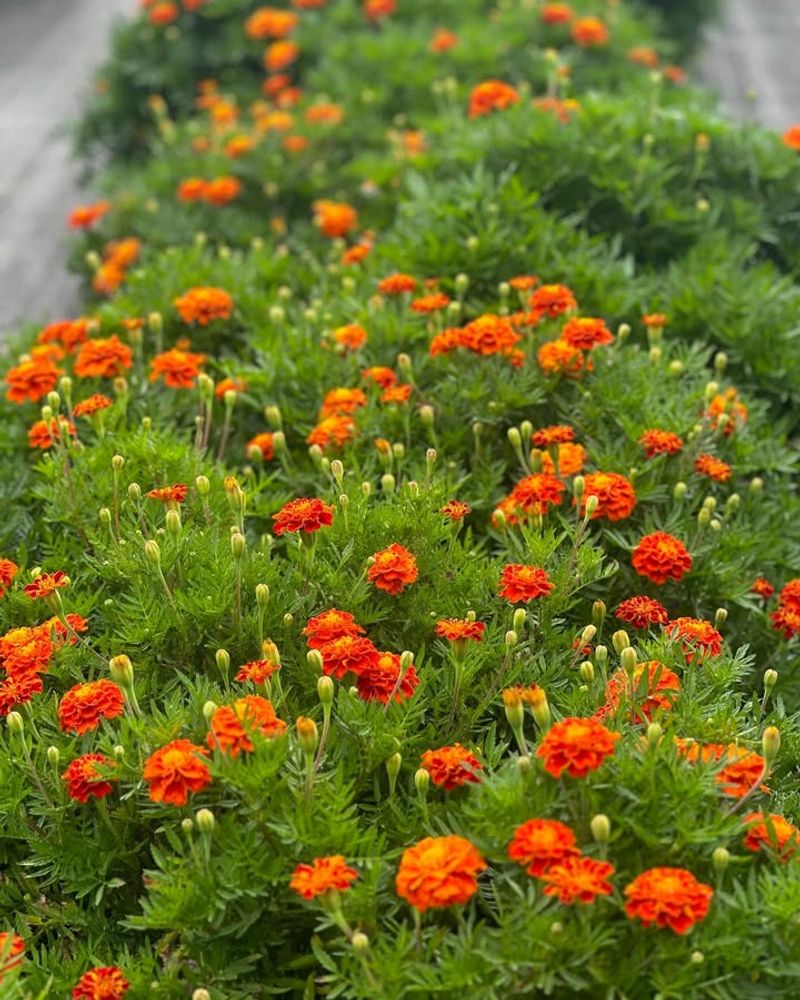
Bright orange and yellow marigolds bring cheerful color to any garden space. Behind those pretty petals lies a secret weapon against mice: a distinctive scent that rodents find completely revolting. The smell comes from thiophenes, natural chemicals that protect the plant from pests of all kinds.
Tennessee gardeners love marigolds because they’re incredibly low-maintenance and bloom all summer long. Plant them around vegetable gardens to protect your crops or use them as colorful borders near your home’s foundation. They’re affordable, easy to grow from seed, and seriously effective.
5. Daffodils
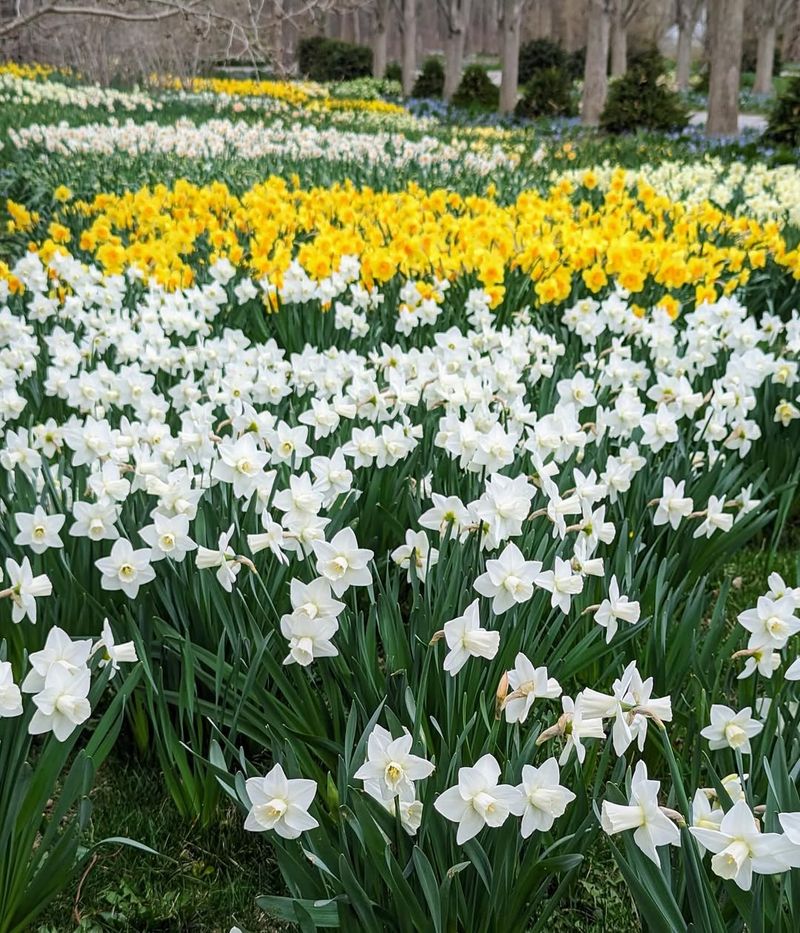
Springtime wouldn’t be complete without cheerful daffodils popping up everywhere. Beyond their beauty, these bulbs contain toxic alkaloids that mice instinctively avoid. Even the bulbs underground release compounds that tell rodents to stay far away from the area.
Plant daffodil bulbs in fall throughout your Tennessee yard for spring blooms that return year after year. They work especially well around perimeter areas and near entry points. Mice won’t dig near them, and deer won’t eat them either, making them a double-duty defender for your landscape.
6. Garlic
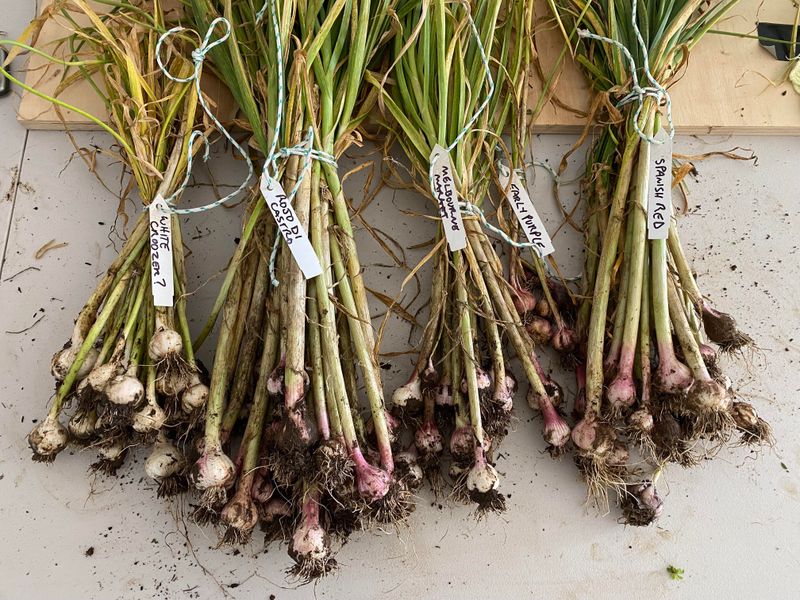
Vampires aren’t the only creatures that avoid garlic—mice can’t stand it either! The sulfur compounds that give garlic its characteristic punch are overwhelming to rodent senses. Planting garlic creates an invisible barrier that mice simply won’t cross willingly.
Tennessee’s climate is perfect for growing garlic if you plant cloves in fall and harvest in early summer. Space them around garden beds, near compost bins, or alongside your home’s foundation. You’ll harvest delicious bulbs for your kitchen while maintaining a natural rodent-repelling security system that works around the clock.
7. Catnip
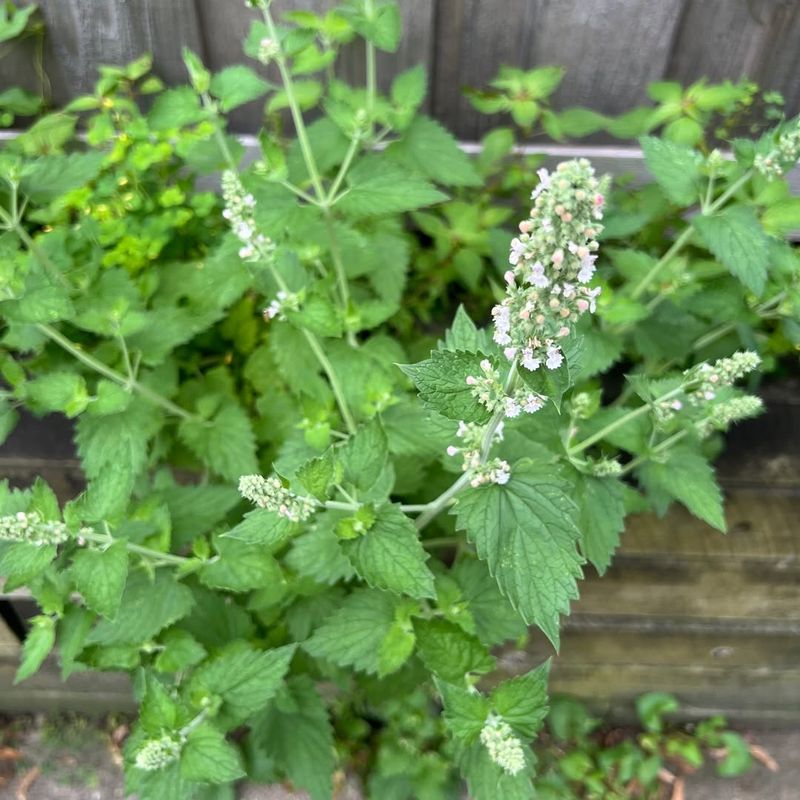
Your feline friends go crazy for catnip, but mice have the complete opposite reaction. Research shows that nepetalactone, the active compound in catnip, actually repels rodents more effectively than some commercial deterrents. The scent confuses their sensory systems and sends them running.
Growing catnip in Tennessee is ridiculously simple since it’s basically a weed that thrives everywhere. Plant it near potential entry points or in areas where you’ve spotted mouse droppings. If you have outdoor cats, they’ll patrol these areas even more frequently, creating double protection against unwanted visitors.
8. Mint Varieties
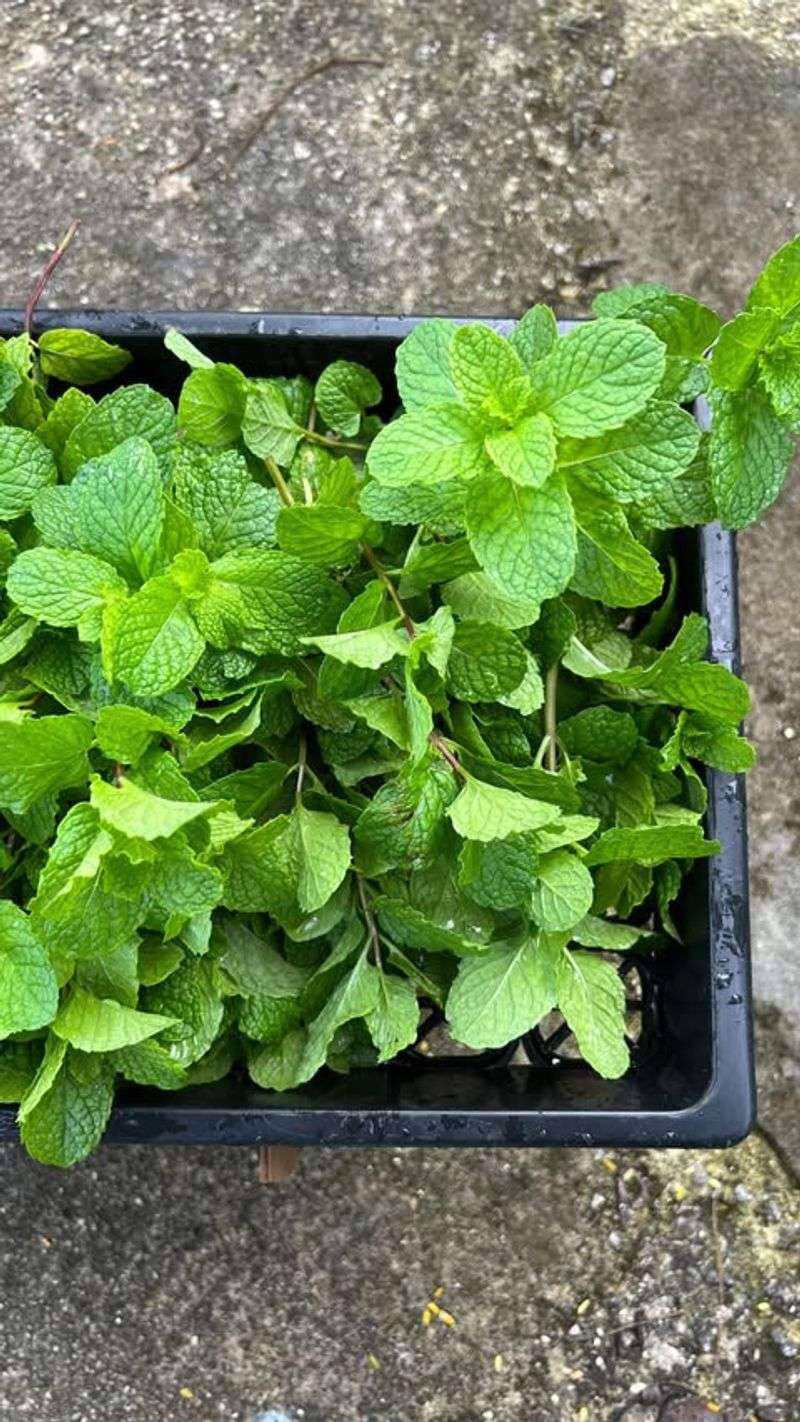
Beyond peppermint, other mint family members like spearmint and chocolate mint pack similar rodent-repelling power. All mints produce menthol and other volatile oils that irritate mouse nasal passages. A single plant can spread its protective scent across several feet of garden space.
Tennessee’s moist summers provide ideal conditions for mint to flourish, sometimes too well! Plant mint in buried containers or designated areas to prevent it from taking over your entire yard. Place these containers strategically near doorways, crawl spaces, or anywhere mice might attempt entry for maximum effectiveness.
9. Sage
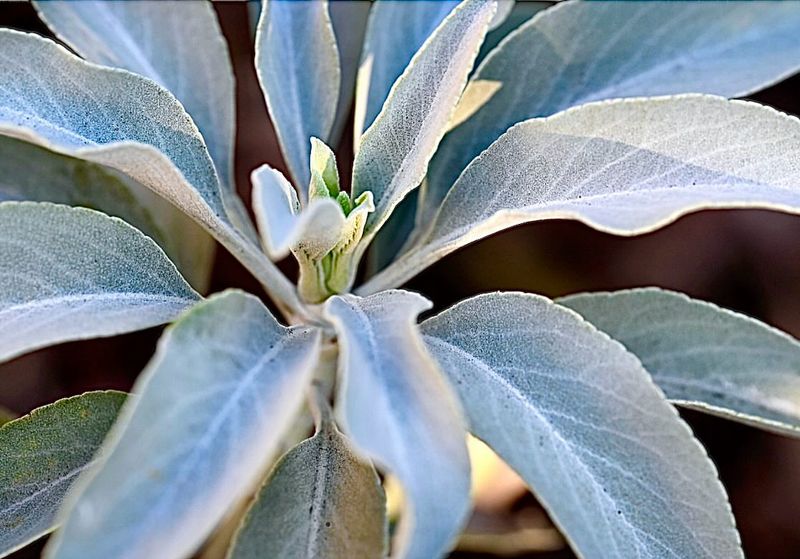
Soft, silvery leaves and earthy fragrance make sage a stunning addition to any landscape. Mice find the camphor-like scent incredibly unpleasant and will avoid areas where sage grows thick. The plant’s fuzzy texture also deters them from nibbling, unlike smoother-leaved plants they prefer.
In Tennessee, sage performs beautifully as a perennial that comes back stronger each year. Plant it near vegetable gardens to protect your harvest or use it as an ornamental border that serves double duty. You’ll enjoy fresh sage for cooking Thanksgiving turkey while keeping your property rodent-free year-round.
10. Chrysanthemums
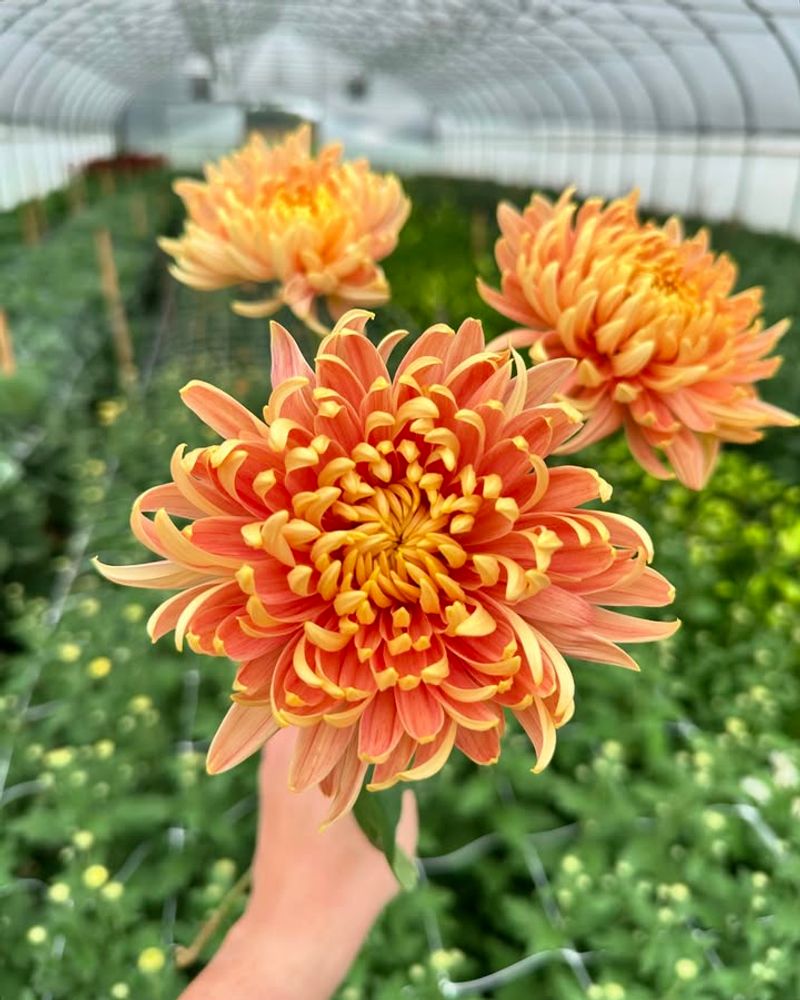
Fall wouldn’t look the same without colorful mums brightening up porches and gardens. What many folks don’t realize is that chrysanthemums contain pyrethrin, a natural insecticide that also bothers rodents. This compound disrupts their nervous systems, making them extremely uncomfortable around these flowers.
Tennessee garden centers stock mums every autumn, making them easy to find and plant. Position them near foundation plantings, garage entrances, or anywhere you want to create a mouse-free zone. They’ll provide gorgeous color through frost while actively discouraging rodents from setting up camp nearby.
11. Alliums
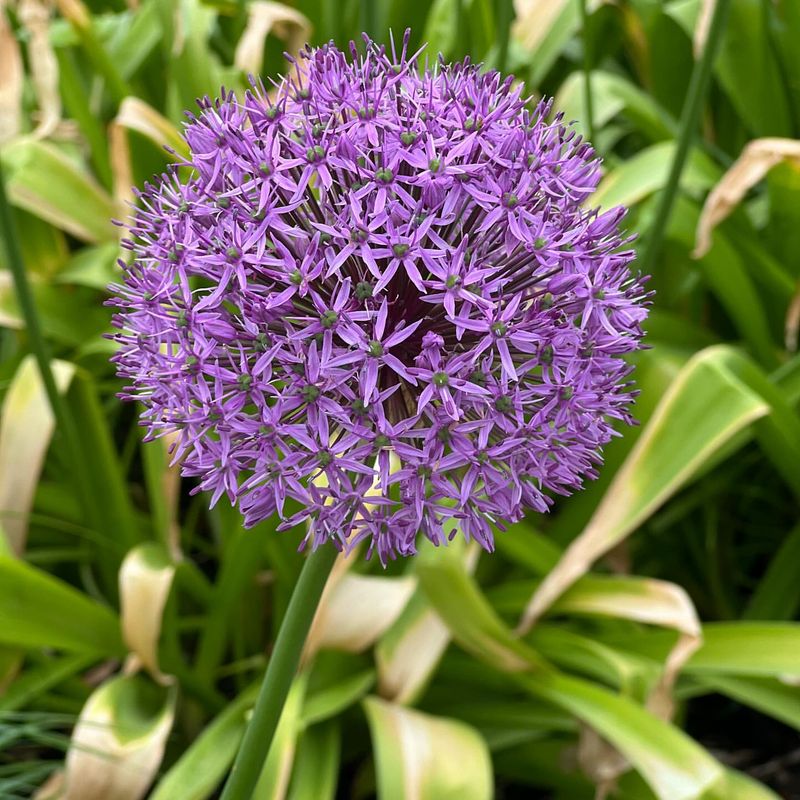
Ornamental onions might seem fancy, but they’re actually tough-as-nails mouse fighters. Like their garlic cousins, alliums contain sulfur compounds that mice absolutely detest. The tall, globe-shaped blooms also create visual barriers that rodents prefer to avoid when searching for safe passage routes.
Plant allium bulbs throughout your Tennessee landscape for stunning spring and summer flowers. They work wonderfully in mixed borders, rock gardens, or as standalone statement pieces. Deer won’t touch them, rabbits leave them alone, and mice give them a wide berth—making alliums a triple-threat defender for your outdoor spaces.
12. Wormwood
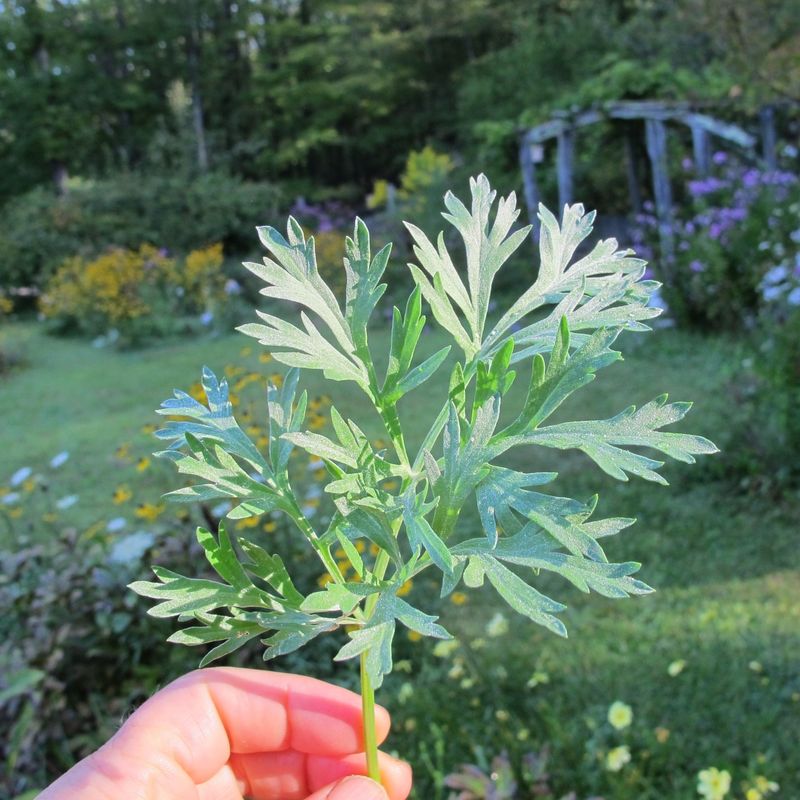
With silvery-gray foliage and a bitter, medicinal scent, wormwood isn’t winning beauty contests. However, its effectiveness at repelling mice is absolutely legendary. The plant produces absinthin and other compounds so unpleasant to rodents that they’ll completely avoid entire sections of your property where it grows.
Tennessee gardeners should plant wormwood in dry, sunny spots where it’ll thrive without much attention. Use it along fence lines, near outbuildings, or in areas where you’ve had persistent mouse problems. Just remember that wormwood can inhibit growth of nearby plants, so give it some space.

